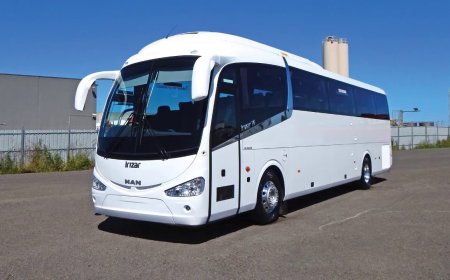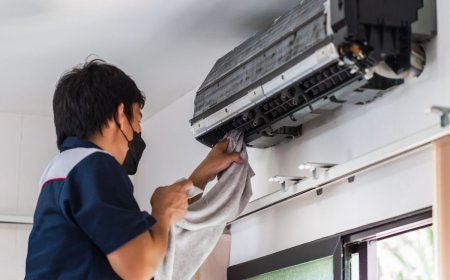Sustainable Engineering Solutions: Build a Greener Future
Let’s outline how Eco-Friendly Engineering Solutions are revolutionising industries by promoting environmental protection, efficiency, and long-term value. It highlights benefits, applications, and the importance of expert guidance—concluding with how EMC2 Ltd Services helps organisations implement these solutions effectively.

As environmental concerns and climate change take center stage, the demand for sustainable practices across all industries has never been greater. In the engineering sector, the shift towards Solutions for Sustainable Engineering is transforming how infrastructure, energy systems, and industrial operations are designed and executed. These innovative approaches not only reduce environmental harm but also create long-term value through efficiency, resilience, and regulatory compliance.
What Are Sustainable Engineering Solutions?
Sustainable engineering solutions refer to the integration of environmentally conscious design, technology, and processes throughout the lifecycle of a project. This includes the selection of eco-friendly materials, energy-efficient systems, waste reduction strategies, and carbon footprint minimisation. The goal is to meet today’s needs without compromising the ability of future generations to meet theirs.
Key Benefits of Sustainable Engineering
1. Environmental Protection
By utilising renewable resources, reducing emissions, and managing waste effectively, sustainable engineering actively contributes to a healthier planet. It supports global initiatives to combat climate change, protect biodiversity, and preserve natural ecosystems.
2. Energy and Resource Efficiency
Sustainable designs aim to optimise resource consumption. This includes the implementation of technologies such as low-energy lighting, water-saving systems, and energy-efficient HVAC solutions. These innovations reduce operational costs and extend the lifespan of buildings and infrastructure.
3. Economic Savings Over Time
Though initial investments in sustainable technologies may be higher, they often lead to significant savings in the long term. Reduced utility bills, lower maintenance costs, and increased asset value make sustainable engineering a smart financial decision for businesses and municipalities alike.
4. Regulatory Compliance and Reputation
Environmental regulations are becoming increasingly strict. Companies that adopt sustainable practices are more likely to comply with legislation and avoid penalties. Additionally, a green image enhances brand credibility and can attract eco-conscious clients, investors, and partners.
5. Innovation and Future Readiness
Sustainability drives innovation. Engineers are continuously developing smarter, greener systems that align with the evolving needs of industries and communities. This future-focused mindset ensures long-term relevance in a rapidly changing world.
Applications Across Industries
● Construction: Sustainable materials, passive building design, and green roofs help reduce carbon emissions in construction projects.
● Energy: Onsite generation from solar, wind, and combined heat and power systems cuts reliance on fossil fuels.
● Manufacturing: Process optimisation and waste reduction improve efficiency and environmental performance.
● Transport: Infrastructure upgrades for electric vehicles and green logistics promote low-impact mobility solutions.
Final Thoughts
Eco-Friendly Engineering Solutions are the foundation of a greener, more resilient future. They offer a practical path to reducing environmental impact while enhancing economic and social value. From infrastructure to energy systems, adopting sustainable practices is no longer optional—it is essential.
At EMC2 Ltd Services, the team delivers cutting-edge, Eco-Friendly Engineering Solutions tailored to each client’s unique needs. Their expertise ensures projects are not only environmentally responsible but also efficient, innovative, and aligned with long-term sustainability goals.





































































